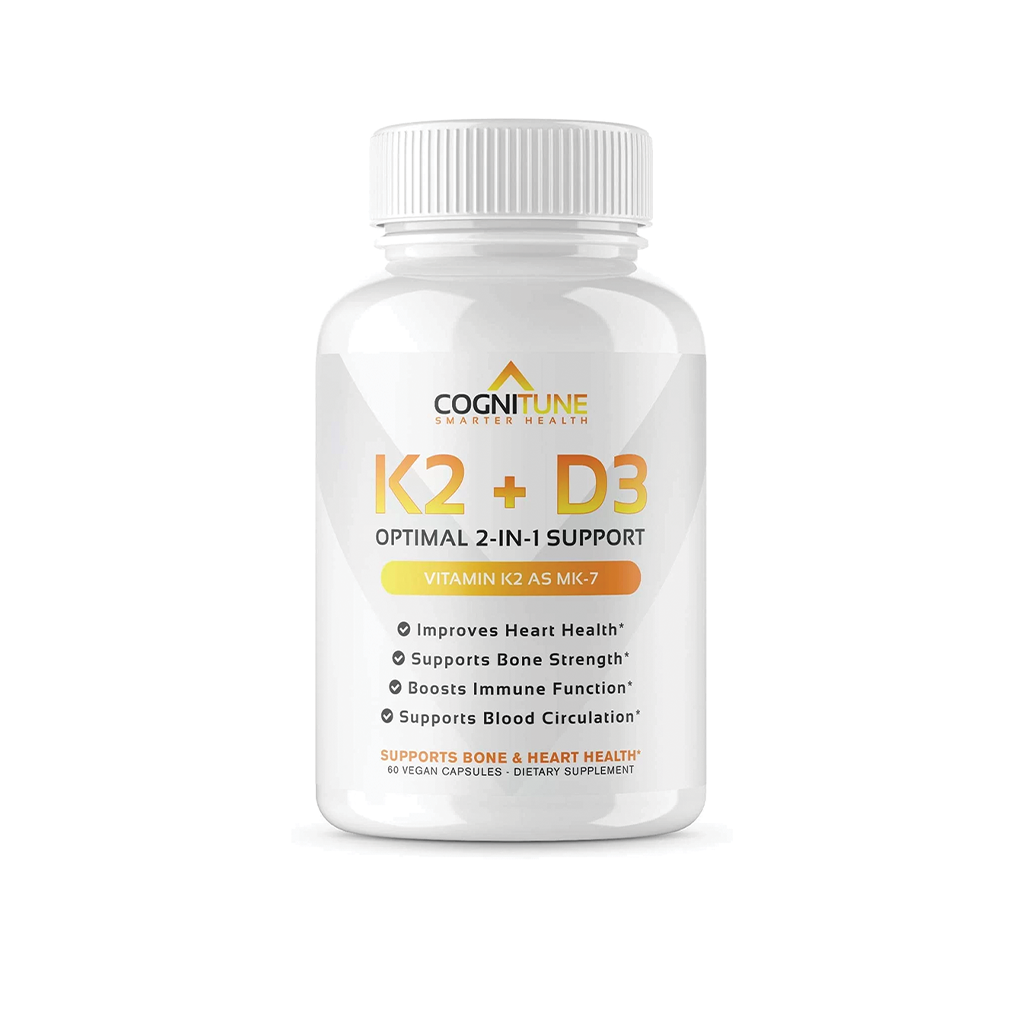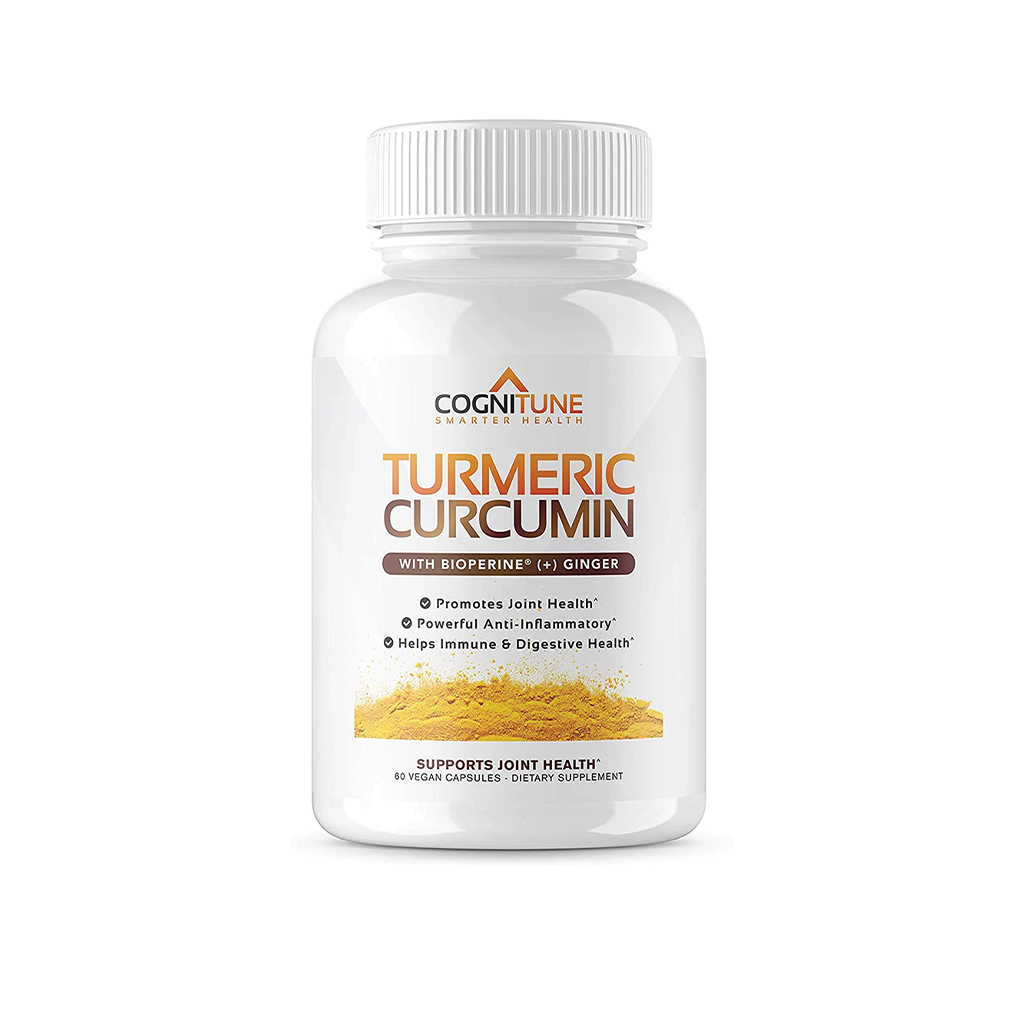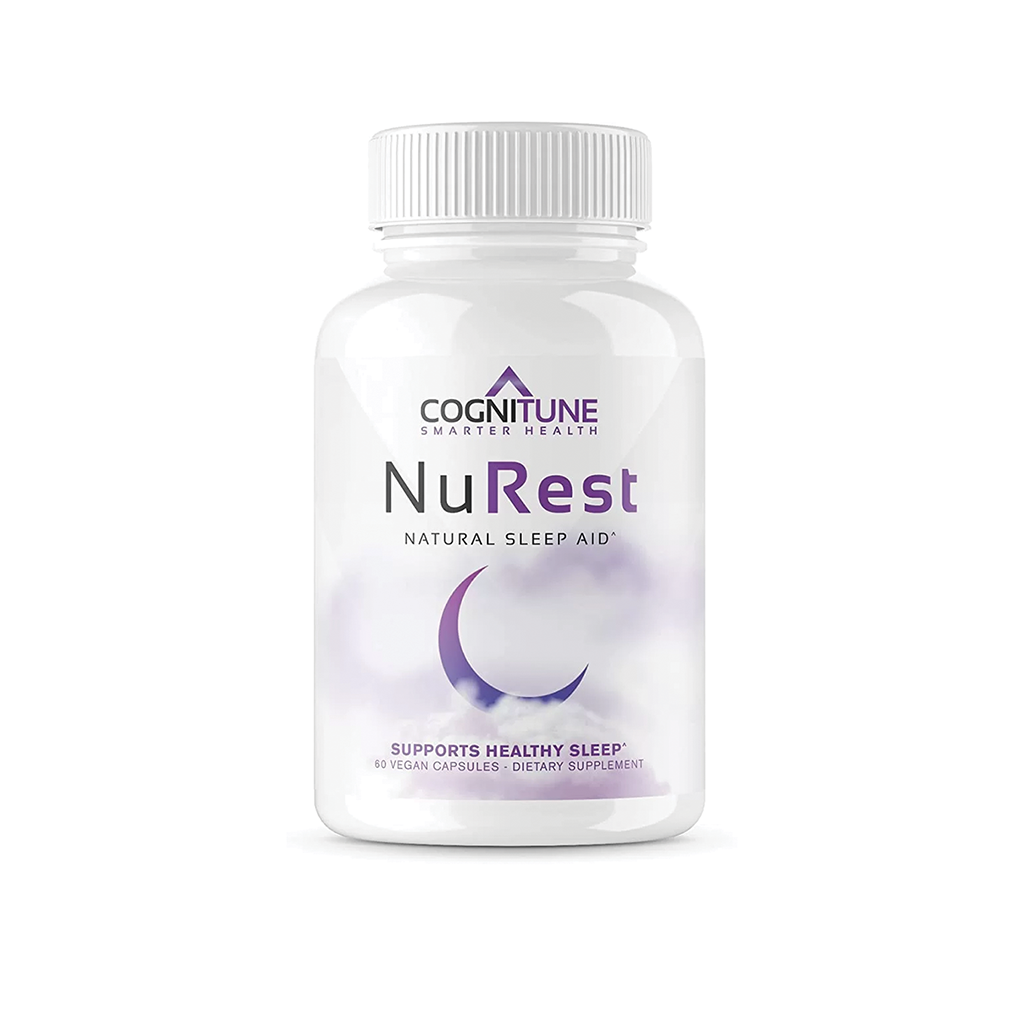Winter Self-Care: A Holistic Guide to Boosting Health and Immunity During the Colder Months

As the days grow shorter and temperatures drop, your body and mind face unique challenges. Winter isn't just about bundling up; it’s a season that requires deliberate winter self-care to maintain physical and mental well-being. From reduced sunlight to fluctuating indoor temperatures, winter affects overall immune support during winter, making it crucial to adopt a holistic health approach. Here’s a guide to help you navigate the colder months with vitality and well-being.
_________________________________________________________________
How to Stay Healthy in Winter
Staying healthy during winter requires a combination of proper nutrition, hydration, and mental well-being. Boost your immune system by eating foods rich in vitamins and minerals, staying active, and supporting your body with supplements like vitamin D, turmeric, and resveratrol. Staying hydrated, even when you don't feel thirsty, is crucial for overall health. Incorporating mindfulness and spending time in natural light can help combat winter blues and Seasonal Affective Disorder (SAD).
_________________________________________________________________
The Science of Winter and Its Impact on Health
During winter, your body experiences significant changes. One of the most noticeable shifts is the decrease in sunlight exposure, which can lead to reduced vitamin D production. Vitamin D is essential for calcium absorption, bone health, immune function, and mood regulation. Without sufficient vitamin D, individuals are more prone to seasonal affective disorder (SAD) and an increased risk of catching colds and flu.
Winter can also change your eating habits, with colder weather and shorter days triggering cravings for high-calorie comfort foods. While this is a normal response, indulging too much can weaken your immune system and reduce nutrient intake.
Indoor heating systems, though necessary, dry out skin and nasal passages, making you more susceptible to irritation and infection. With all these changes, winter self-care becomes essential in supporting both physical and mental health.
Physical Self-Care: Nourishing the Body in Winter
Winter is the time to be proactive about physical health and immune support during winter. Here’s how to take care of your body:
-
Prioritize Nutrition
A balanced diet rich in fruits, vegetables, whole grains, and lean proteins is essential. Include foods rich in vitamins A, C, E, and minerals like zinc and selenium to boost your immune system. Warm, hearty soups made from root vegetables, legumes, and leafy greens provide necessary nutrients.
Anti-inflammatory foods can help combat winter’s tendency to trigger inflammation. Turmeric, known for its potent anti-inflammatory properties, is particularly beneficial. CogniTune’s Turmeric Curcumin Capsules can enhance your body’s natural defenses and reduce inflammation, supporting holistic health during the colder months. -
Stay Hydrated
Hydration is often overlooked in winter. Despite not feeling thirsty, cold weather and indoor heating lead to dehydration. Stay hydrated to maintain healthy skin and immune defense. Herbal teas like ginger, chamomile, or green tea can provide additional health benefits. -
Support Your Immune System
Winter is harsh on your immune system. Along with vitamins C and D, polyphenols like resveratrol can boost immunity. Found in grapes and berries, resveratrol offers antioxidant and anti-inflammatory benefits. CogniTune's Resveratrol Gummies make it easy to boost your immunity and support cardiovascular health during winter.
Mental Self-Care: Nurturing the Mind in Winter
The shorter days and reduced sunlight of winter can take a toll on mental health. Seasonal affective disorder (SAD) is a form of depression that arises due to diminished sunlight. Proactive steps to nurture mental health are as important as physical care.
-
Maximize Sunlight Exposure
Natural light boosts serotonin, the hormone that stabilizes mood and well-being. Aim to spend 20 minutes outside during daylight hours. If that’s not possible, consider using a light therapy lamp to alleviate SAD symptoms. -
Practice Mindfulness and Stress-Relief Techniques
Winter can bring feelings of melancholy and stress. Incorporating mindfulness practices like meditation, yoga, or deep breathing exercises can reduce anxiety. Regular mindfulness practices enhance emotional resilience, helping you cope with winter’s challenges. -
Prioritize Quality Sleep
Maintaining good sleep is vital for mental health and immune function. Winter can disrupt natural sleep patterns, leading to sleepiness or insomnia. Create a bedtime routine and avoid screens an hour before bed to regulate melatonin production. If sleep issues persist, CogniTune's NuRest Natural Sleep Aid can help promote relaxation and restore a healthy sleep cycle.
Holistic Self-Care: Creating a Cozy, Health-Promoting Winter Environment
-
Create a Cozy Environment
Transform your living space into a cozy retreat with blankets, candles, and warm lighting. Humidifiers can help maintain skin moisture and protect nasal passages from drying out due to indoor heating. -
Stay Active
Staying physically active during winter helps improve circulation, boosts endorphins, and supports immune support during winter. Indoor activities like yoga or stretching can make a big difference, even if outdoor exercise isn’t appealing. -
Engage in Social Connections
Winter can lead to feelings of isolation. Staying connected with loved ones, whether through phone calls or virtual meetings, helps combat loneliness and fosters emotional well-being.
FAQ: Common Questions About Winter Self-Care
-
How can I boost my immune system during winter?
Incorporate a nutrient-rich diet, stay hydrated, and supplement with immune-boosting products like CogniTune’s Turmeric Curcumin Capsules and Resveratrol Gummies. -
What are the best supplements for winter?
The best supplements include vitamin D, turmeric, and resveratrol to support immunity, mood, and joint health during winter. -
How do I combat Seasonal Affective Disorder (SAD)?
Maximize sunlight exposure, consider light therapy, and practice mindfulness techniques to alleviate SAD symptoms. -
What are the benefits of turmeric during winter?
Turmeric’s anti-inflammatory properties help reduce joint pain and support the immune system, especially during cold weather.
Conclusion: Embracing Winter Self-Care
Winter is not just a season of retreat but an opportunity to slow down and practice self-care. By focusing on nutrition, hydration, physical activity, and mental well-being, you can thrive during the colder months. Incorporating supplements like CogniTune’s Resveratrol Gummies, Turmeric Curcumin Capsules, and NuRest Natural Sleep Aid can further support your health. Invest in your well-being and embrace the winter months as a time for holistic health and renewal.




